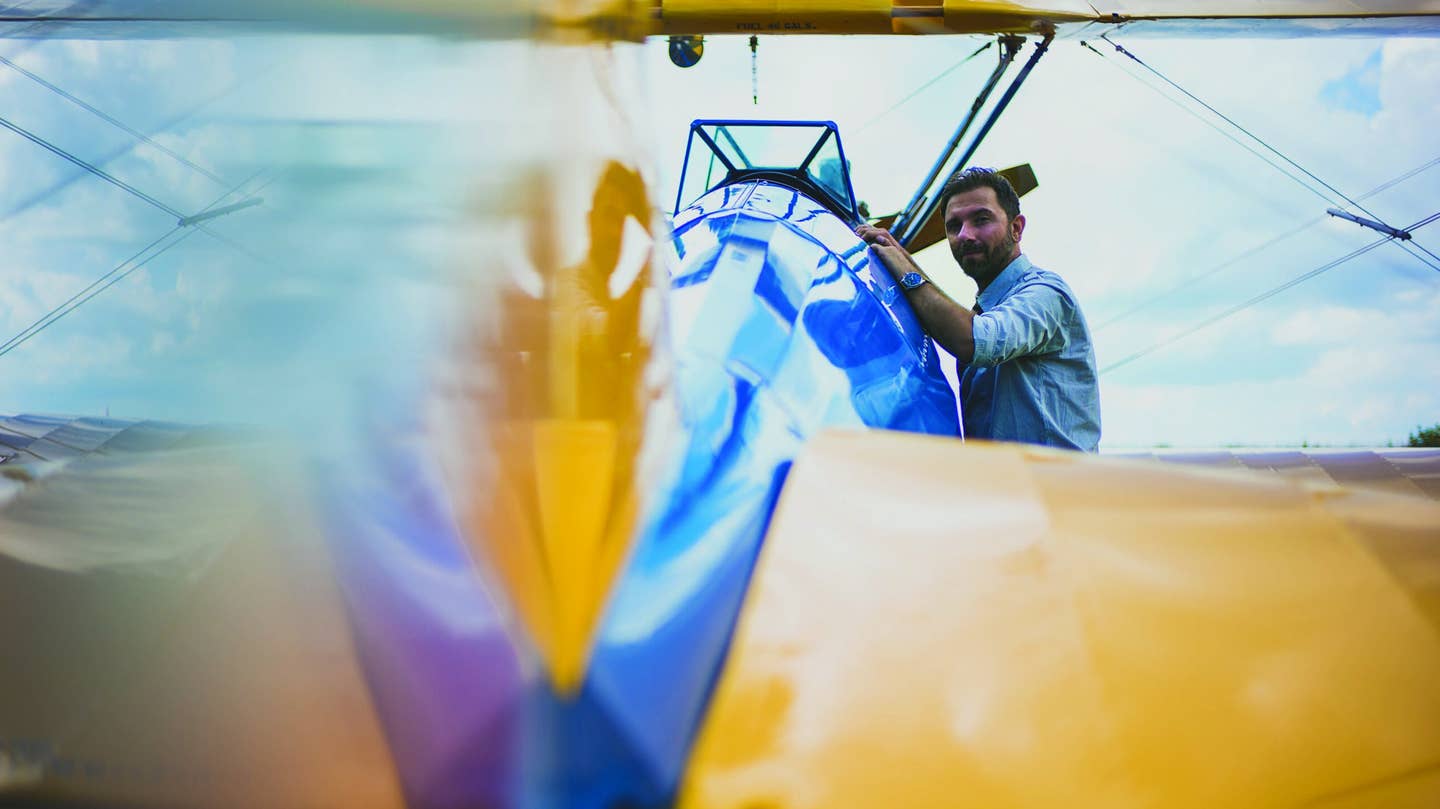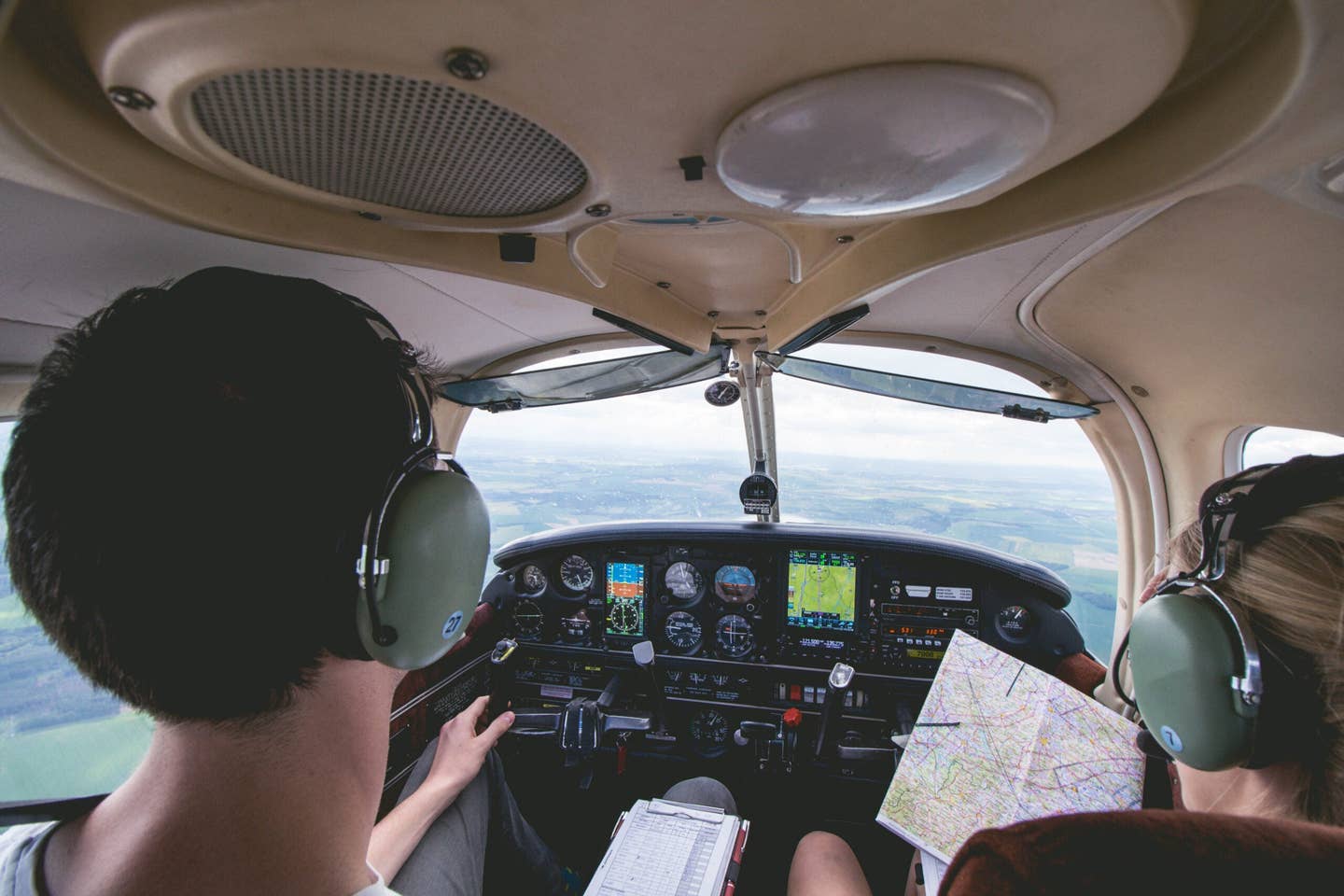
Boeing operators will need to comply with new maintenance and pilot training procedures in order to once again fly their grounded aircraft. Boeing
Early yesterday morning, FAA Administrator Steve Dickson signed an official “Recission of Emergency Order of Prohibition.” In lay terms, that meant operators of the Boeing 737 Max may again begin flying the aircraft subject to the conditions laid out by the agency related to maintenance and pilot training.
Max aircraft around the world have been grounded since March 2019 following two fatal accidents outside the US that claimed 346 lives. The cause of the two accidents was linked to a faulty 737 Max component—the maneuvering and characteristics augmentation system (MCAS)—that forced the nose to pitch over into a dive neither crew was able to overcome, based upon the faulty input of a single sensor aboard the aircraft.
In yesterday’s edition of the Federal Register, the FAA said that “after considering public comments to an NPRM, the FAA issued Airworthiness Directive 2020-24-02 as a final rule that requires certain corrective action to address the unsafe condition before further flight and conforms to the amended model 737-8 and the 737-9,” which is now effective. The agency says the new AD addresses the problems with the original airplane, and the emergency AD that grounded the fleet is no longer needed. The agency is also demanding that 737 Max aircraft registered outside the US be excluded from US airspace if those airplanes have not been modified to the FAA requirements.
Following the first crash of a Lion Air-operated Max in October 2018, Boeing issued an update to the pilot’s operating handbook informing pilots that a faulty MCAS could appear very much like a runaway trim condition—for which all pilots should have been trained. Prior to that first accident, Boeing never mentioned the existence of the MCAS to pilots going through training on the airplane. Unfortunately, that initial Boeing guidance was not sufficient to prevent the second crash of an Ethiopian 737 Max in March 2019. Shortly after the Ethiopian accident, the FAA grounded the fleet.
The FAA’s Dickson said in a November 18, 2020 interview on CNBC that he is sure the agency review got it right this time. “I’m 100 percent confident this is the most scrutinized commercial airplane in history and it’s ready to go…There’s a lot of work, the airlines and the FAA and Boeing will have to do in the coming weeks and months.” When asked about the new 737 Max procedures published along with the withdrawal of the AD, Dickson said, “The work that we have done with the design changes and the training changes that will be made to the operators, and the training the pilots will be undergoing make it impossible to have the same kind of accidents that killed 346 people.” While Dickson said he was so confident in the updates to this aircraft that he’d feel comfortable putting his own family one, the families of some of the victims did not share the administrator’s sentiments, as they mentioned in the CNBC interview.
In a letter to the FAA Administrator published in the Eurasia Review, US consumer advocate Ralph Nader took Dickson to task for “unwisely keeping aviation industry apologists in positions of authority [at the FAA].” He added that, “The recent House Committee on Transportation and Infrastructure staff report on the Boeing 737 Max released by Chairman Peter DeFazio excoriated the FAA’s secrecy, its symbiotic relations with Boeing, and the specific failures of personnel (singling out Mr. Ali Bahrami—a former aerospace lobbyist in residence at the FAA). You have so far shrugged off this report with a couple of disingenuous sentences. In addition, you have apparently dismissed the two top committee Democrat’s letter of October 1, 2020, insisting, unfortunately without a subpoena, that you ‘release all documents related to design revisions or evaluations related to the aircraft’s safe return to service. This should include, but not be limited to, system safety assessments, related analysis, assumptions about pilot response times, and key test data concerning the safety of the aircraft.’” Nader challenged Dickson: “Stop withholding critical information that blocks open technical exchanges and critiques. Suspend this ‘going-through-the-motions’ pretense in a regulatory process infected with a preordained conclusion.”
Boeing still has a considerable number of unsold 737 Max aircraft parked at various airports in the northwest. Boeing stock, which rose nearly $20 a share on the initial FAA news on November 18, eventually closed down to about where it opened, at around $210 a share.

Sign-up for newsletters & special offers!
Get the latest FLYING stories & special offers delivered directly to your inbox






